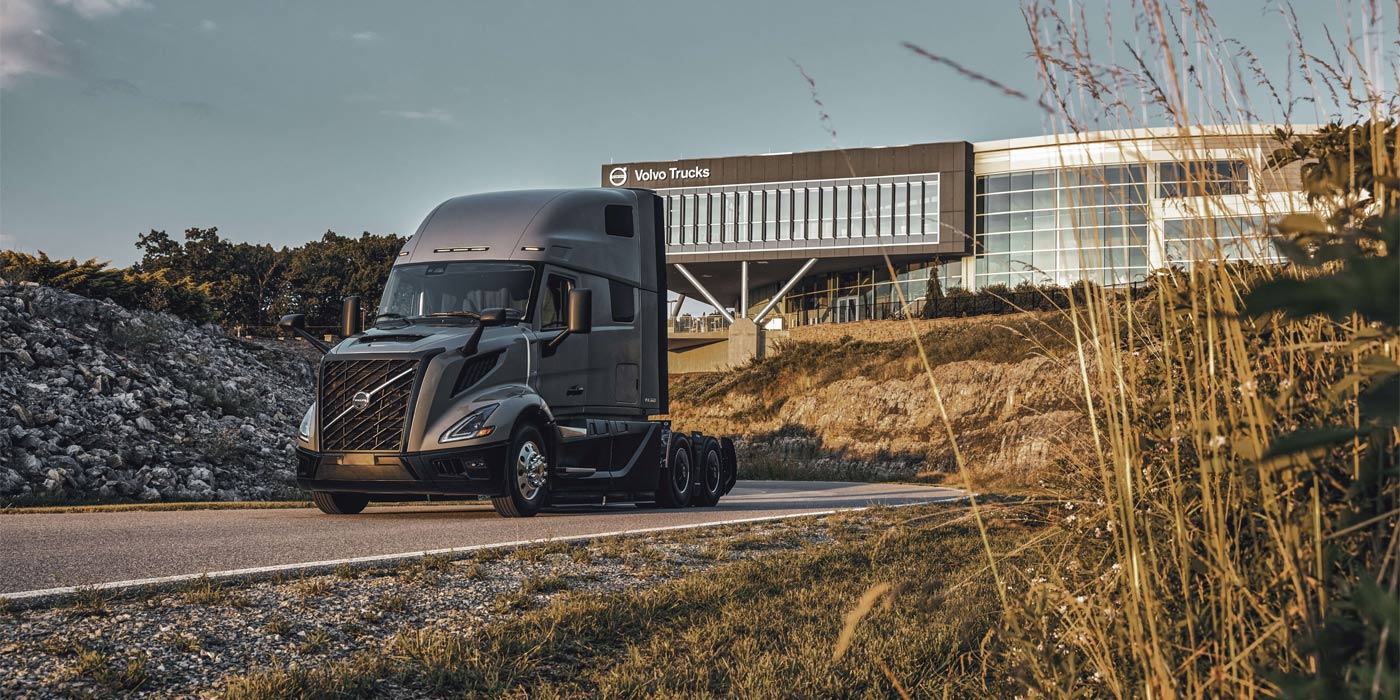If you use semi-trucks in your business, it’s crucial to insure them properly. This includes if you’re an owner-operator of a trucking business, an independent trucker, or your company owns or leases semis to transport goods.
If you cross state lines as a for-hire transportation provider, you’re required to carry a commercial policy with at least $750,000 in auto liability. Your insurance company will complete an insurance filing on your behalf. This requires your business to register with the Federal Motor Carrier Safety Administration (FMCSA) as an interstate goods hauler and obtain a motor carrier (MC) number.
“Before you purchase semi-truck insurance, you must know what type of coverage you need and what’s involved in buying a policy,” says Peter Shelley, president at biBERK. “Being a well-informed consumer helps you get the insurance policy features, limits, and deductibles that are ideal for your business. An insurance company’s representative can guide you if you have questions, but a little knowledge about semi-truck insurance is very useful in those conversations.”
Protecting your business with semi-truck insurance
To get the most value for your coverage, you must be aware of these five key considerations regarding insurance for semi-trucks.
- Semi-truck insurance is a type of commercial auto insurance.
You may also hear semi-truck insurance referred to as commercial auto insurance. Insurers often use the general term because this kind of policy can cover virtually any type of vehicle a company owns or leases. In addition to semis, a commercial auto policy can provide financial protection for cars, pickups, cargo vans, food trucks, limousines, tow trucks, and more. - Semi-truck insurance protects your business in several ways.
A commercial auto policy has various components to shield you from different costs. For example, if you’re at fault in an accident that injures others, the bodily injury liability coverage can provide payment for court-awarded damages and your legal defense costs. If your semi damages another person’s property, the property damage liability component can kick in.
There is also collision coverage and comprehensive physical damage coverage for expenses not caused by an accident but rather by vandalism, fire, flood, and other specified hazards. In addition, policies typically have uninsured motorist coverage and medical payments, no-fault, or personal injury coverage to address those scenarios.
- You can customize your coverage with policy add-ons.
In for-hire trucking, you can purchase policy add-ons like rental reimbursement with downtime, uninsured/underinsured motorists, trailer interchange insurance, and others. Depending on how your business operates, these coverages can be essential. Your business insurance provider can help you understand how best to protect your business. - The cost of a single incident can create a significant financial burden.
No matter how careful you and others are in operating your semis, accidents happen. And when they do, the associated physical damage and liability costs can be high. Lawsuits, in particular, can result in significant financial burdens—hundreds of thousands of dollars or more.
Sadly, many businesses close their doors every year because they weren’t adequately insured, and someone hit them with a hefty lawsuit. It’s not a viable business strategy simply to hope you don’t experience an incident.
- You can purchase semi-truck insurance quickly and conveniently online.
As a business owner or decision maker, you probably wear multiple hats and have many demands on your time. Still, getting vehicle insurance must be a top priority. Fortunately, with some providers, it’s easy to get a quote on the cost of insurance for a semi-truck and buy a policy online.
Coverage typically goes into effect as early as the next day. And if you need to report a claim, you can also do that online.
Other business insurance is essential
“If you operate semis, you must have commercial semi-truck insurance to protect your business financially,” adds Shelley. “But vehicle liability and damage aren’t the only risks you face. You should consider several other types of business insurance policies. Cargo insurance and occupational accident coverage are two types of policies that can be crucial for truckers.”
Cargo insurance pays for damage to the load you’re hauling while it is in your possession from pickup point to destination. Policies typically don’t cover losses caused by failure to secure cargo properly but do pay for those related to accidents or thefts from locked trailers.
Occupational accident insurance is similar to workers’ compensation insurance. It covers medical costs and physical injuries to workers, typically with a limit of $250,000 or $1 million. As a result of that limit, occupational accident insurance costs less than workers’ comp, which has no limit.
Companies can buy the coverage for employees as an alternative to workers’ comp in states that do not require a workers’ comp policy, such as Texas and South Dakota. However, in Texas, you must have an employee’s consent not to receive full workers’ comp coverage. In addition, trucking companies often purchase occupational accident insurance for non-employee drivers or owner operators in case they get injured while hauling loads on the company’s behalf.
Your business might also have contractual obligations to have general liability insurance. It can provide protection in certain situations that go beyond commercial auto coverage.
These are just a few examples. So, get your semis covered before drivers take them on the road. But at the same time, be sure to step back and look at your company as a whole. Then, with proper financial protection in place, you can focus on other business tasks knowing that your insurance provider will be there for you should the unexpected occur.














